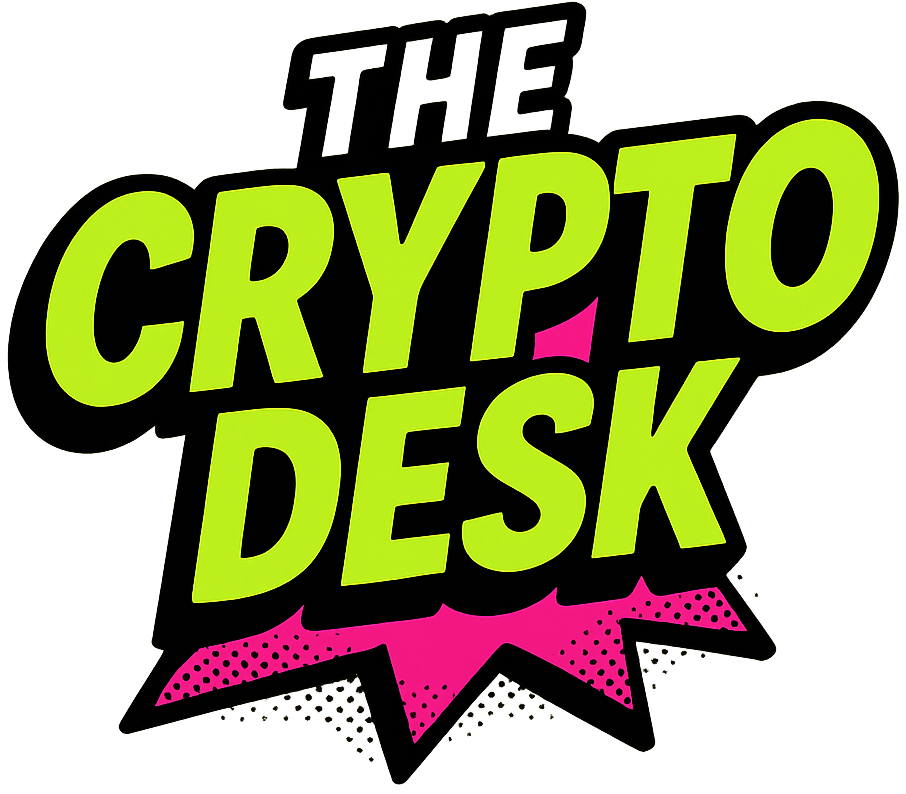Major Milestone: GENIUS Act Heads to Senate Floor for Stablecoin Oversight
In a significant leap forward for cryptocurrency regulation, the Guiding and Establishing National Innovation for US Stablecoins (GENIUS) Act is set to be debated on the Senate floor this week. This bill promises to create a framework for the issuance and regulation of stablecoins, which have become increasingly vital in the digital economy. The urgency of this legislation is underscored by predictions from analysts at Citigroup, who estimate that the stablecoin market could balloon to a staggering $2 trillion by 2030.
📌 Why This Matters: The Quest for Regulatory Stability
The advancement of the GENIUS Act signifies more than just legislative progress; it embodies the cryptocurrency industry’s ongoing push for clarity and stability in a chaotic regulatory environment. Stablecoins—digital currencies designed to maintain a stable value—serve as a bridge between traditional finance and the burgeoning world of digital assets. With robust guidelines, this bill could pave the way for safer, more reliable transactions, thereby attracting institutional investment and public confidence.
Crypto Advocacy Groups Rally for Focused Legislation
As the bill makes its way to the Senate, a coalition of leading crypto advocacy groups, including the Blockchain Association and the Crypto Council for Innovation, has raised their voices in support. They released a joint statement on June 2, urging lawmakers to ensure that the bill remains targeted and comprehensive, without being burdened by unrelated amendments that could delay its passage. Their concern stems from the potential for extraneous provisions to complicate discussions and undermine the bill’s core objectives.
Initially, Democrats expressed hesitance due to concerns surrounding the bill’s connections with former President Donald Trump and his family’s involvement in stablecoin initiatives. However, there has been a notable shift, with growing bipartisan support for this groundbreaking legislation. Yet, fresh complications have arisen with the introduction of a controversial amendment on credit card fees.
🔥 Expert Opinions: Insights from the Frontlines
Analysts and advocates alike emphasize the importance of keeping the GENIUS Act free from extraneous amendments. James Czerniawski, a representative from Americans for Prosperity, criticized the proposed Credit Card Competition Act. He suggested that adding this amendment could jeopardize consumer access to credit—a move some view as undue government intervention in market practices. This sentiment is echoed by a diverse array of stakeholders in the financial sector, who argue that such amendments could derail the momentum the GENIUS Act has built.
“Today, the executives of the four leading digital asset industry groups jointly issued the following statement on the GENIUS Act. Read below…”
— Blockchain Association (@BlockchainAssn) June 2, 2025
Navigating a Sea of Amendments
The road to stablecoin regulation is littered with proposed amendments, which include:
- Enhanced disclosure requirements for government officials owning stablecoins.
- Restrictions on foreign and specifically Chinese ownership of stablecoin issuers.
- Provisions to clarify the Trump family’s involvement in cryptocurrency.
- Updates to the Bank Secrecy Act and Anti-Money Laundering regulations.
If consensus cannot be reached on these amendments, Senate discussions may extend well into the following week, delaying the passage of the GENIUS Act and leaving idling the much-needed regulatory clarity that the market craves.
🚀 Future Outlook: Gearing Up for Growth
The stablecoin market is on the brink of unprecedented growth. Citigroup’s projections reveal that the total market capitalization could leap from its current valuation of approximately $240 billion to a monumental $2 trillion by 2030. This estimate, driven by increasing regulatory support and heightened interest from both financial institutions and the public, hints at a dramatic evolution in how digital currencies are utilized.
Moreover, adoption rates are soaring, with active stablecoin wallets having surged by over 50% in the past year, indicating that more individuals and businesses are engaging with this innovative financial instrument. This rapid growth reflects a broader acceptance of digital assets, potentially transforming the landscape of finance.
Conclusion: Embrace the Dialogue
The advancement of the GENIUS Act is a pivotal moment for the cryptocurrency industry and, indeed, for the future of digital finance. As we await the Senate’s decision, the importance of staying informed and engaged cannot be overstated. Will the GENIUS Act successfully navigate the legislative waters free of distractions? Only time will tell. In the meantime, it’s crucial for stakeholders and enthusiasts to voice their opinions and foster discussions about the future of stablecoin regulation. What are your thoughts on the implications of this proposed legislation? Join the conversation!

